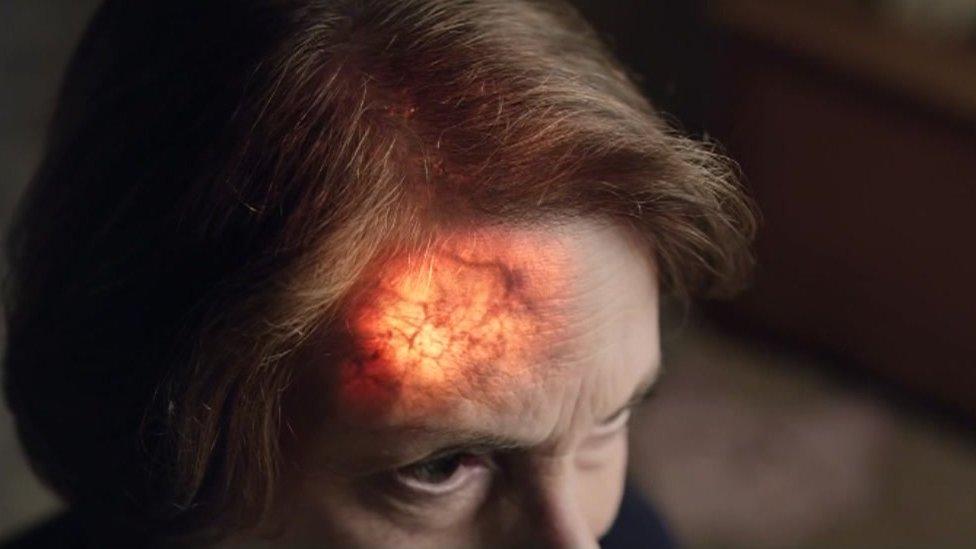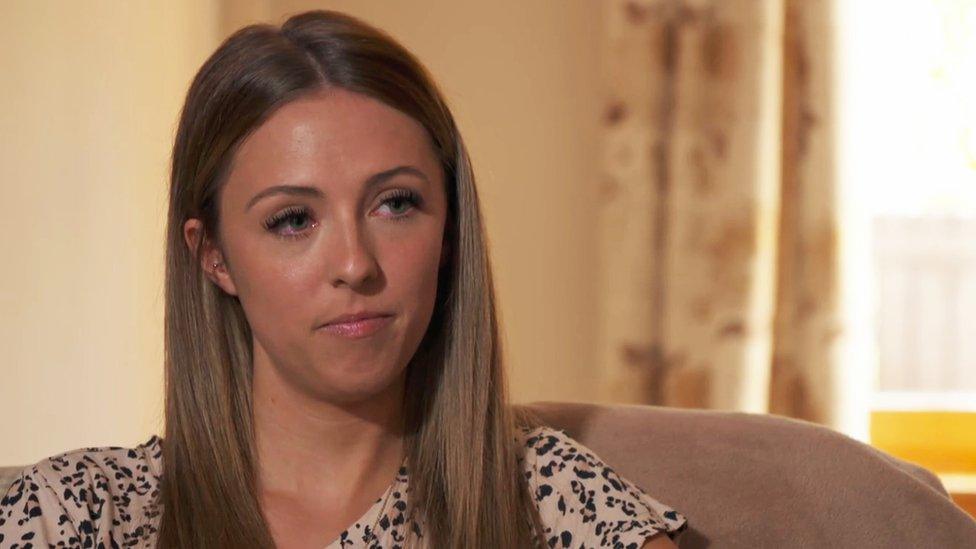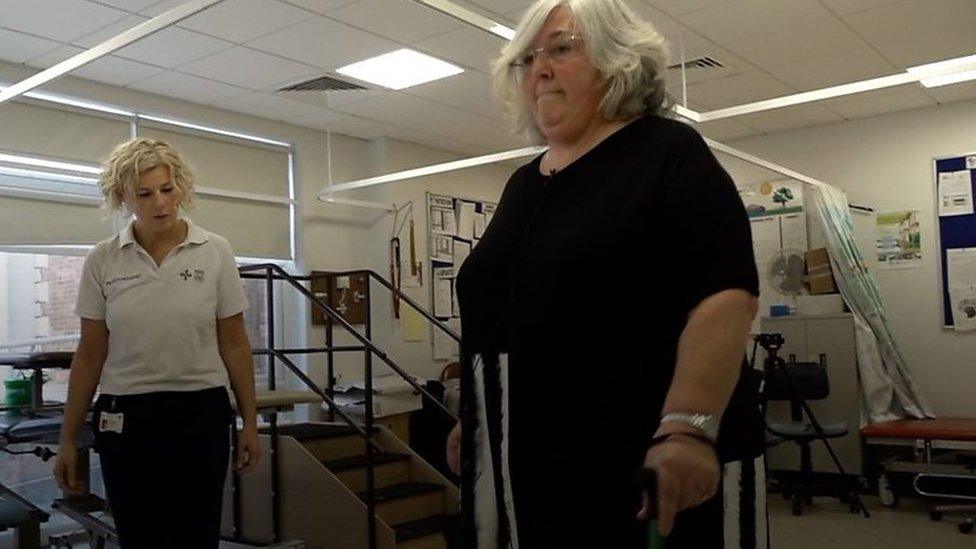'Dial 999 for stroke emergencies despite coronavirus'
- Published

People who may be having a stroke should still call 999 for emergency medical care, even during the coronavirus pandemic, say UK experts.
They are concerned that many are not seeking urgent help when they most need it, possibly due to fear of the virus or not wanting to burden the NHS.
Any delay in seeking help can lead to disability or even death, warns the Stroke Association.
Prompt assessment and treatment saves lives, it says.
Medical emergency
Data suggest people are currently staying away from hospitals, which is fine unless you really need care.
Latest figures for England and Scotland suggest attendance to Emergency Departments has dropped by over a third on the same week last year.
Those who need urgent medical help should still attend, say experts.
Dr Deb Lowe, NHS National Clinical Director for Stroke and Consultant Stroke Physician at Wirral University Teaching Hospital, said: "Our hospitals are equipped and ready to treat stroke patients.
"Given the emergency changes being made across the NHS, it's possible that a patient's treatment or journey might be a bit different while we put measures in place to deal with coronavirus safely.
"But these are to keep patients and NHS workers safe and the most important thing to remember is to dial 999 if you suspect a stroke."
Juliet Bouverie, Chief Executive of the Stroke Association, said people should not ignore the signs and symptoms of a stroke, or dismiss them as a funny turn.
How to spot the signs of a stroke - the FAST test
Face - is the face drooping/fallen on one side? Can they smile?
Arms - can they raise both arms and keep them there?
Speech - is it slurred?
Time to call an ambulance if you see any of the above signs
The signs of a mini-stroke or TIA (transient ischaemic attack) are the same as a stroke, but only last up to 24 hours.
Ms Bouverie said: "A mini-stroke is a warning that major stroke is on its way, so you shouldn't ignore the signs; and you need to seek help."
Professor Rustam Al-Shahi Salman from the British Association of Stroke Physicians said even with coronavirus social distancing in place, family and friends could do the FAST test on the phone or via video chat.
Stroke symptoms and coronavirus?
If you have coronavirus, and you start having stroke symptoms, call 999. Also tell the paramedics that you think you have coronavirus (COVID-19).

A SIMPLE GUIDE: How do I protect myself?
AVOIDING CONTACT: The rules on self-isolation and exercise
LOOK-UP TOOL: Check cases in your area
MAPS AND CHARTS: Visual guide to the outbreak
VIDEO: The 20-second hand wash

- Published9 July 2019

- Published28 October 2019
